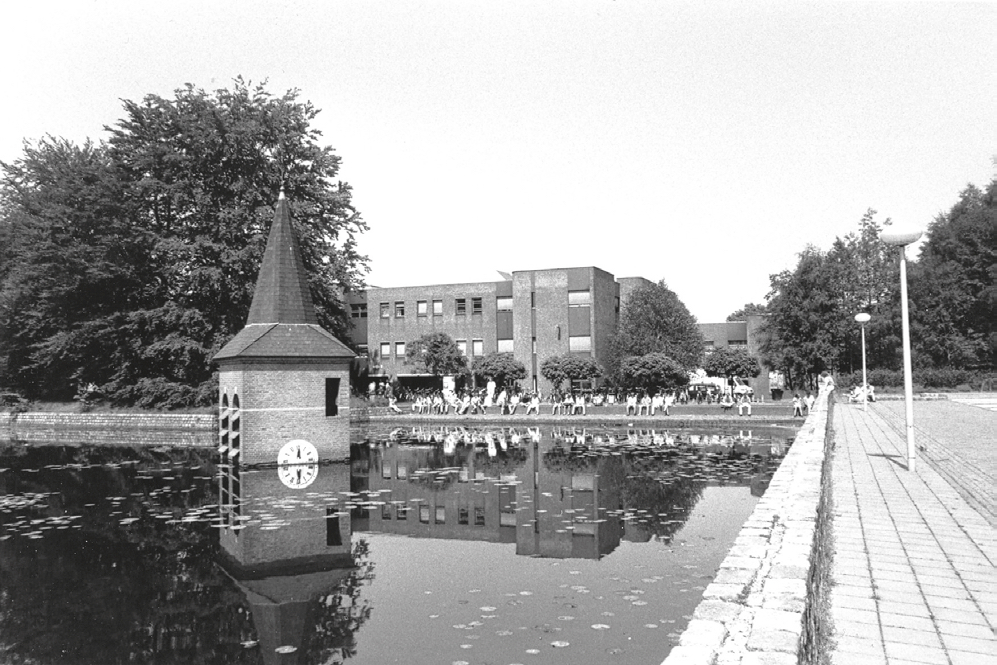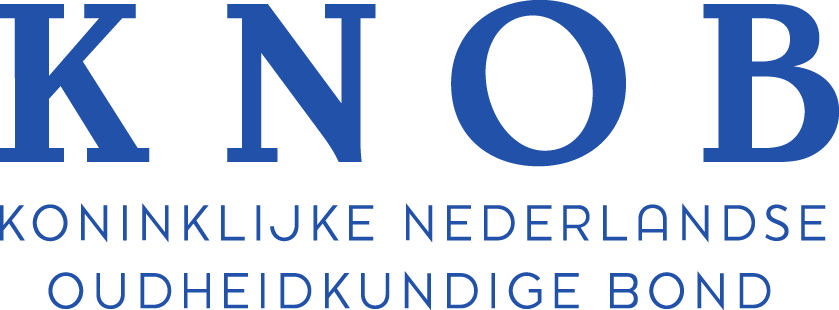UTwente, a dozen projects, thirteen mishaps?
Downloads
DOI:
https://doi.org/10.7480/overholland.2023.22.246Abstract
Drienerlo, the campus of the University of Twente (UT), represents one of the most interesting episodes in Dutch modern architecture and town planning. Moreover, its importance is not limited to that alone: the realisation of the campus in Twente was an integral part of a socio-pedagogical experiment. Perhaps for this very reason, the campus grew into a contact zone for different generations of Dutch modernists from Willem van Tijen (1894- 1974) and Samuel van Embden (1904-2000) to the Forum group.
Forum is a Dutch architectural review that in the period 1959-1963, with Jaap Bakema, Aldo van Eyck, Herman Hertzberger and others on its editorial board, was the birthplace of so-called ‘structuralism’, for which non-Western building forms served as models, such as North African casbahs, Indian pueblos and Egyptian mastabas and pyramids. ‘The Story of Another Idea’ with which the first issue of the then-new Forum editorial office opened, nr. 7 1959, turned against the ‘functionalism’ of the older generation of modernists and elicited a wave of reactions, including a harsh critique by Van Tijen.
All the same, it is precisely the open master plan for de TH Twente of Van Tijen and Van Embden (1962) that ultimately provided a veritable testing ground for a range of architectural ideals and approaches. Not only do the leading examples of modern architecture on campus bear witness to this but also a host of unrealised plans, such as Oswald Mathias Ungers’ entry to the competition for student housing (1963) and the only partially implemented structuralist plans for the centre of the campus by Piet Blom and Bert Smulders (1966), the building for Applied Mathematics, Computing Centre, Social Sciences and Electrical Engineering by Leo Heijdenrijk and Jos Mol (1969) and the pyramids and mastabas for student housing by Herman Haan (1970).
How to Cite
Published
Issue
Section
License
Copyright (c) 2023 Esther Gramsbergen , Yağız Söylev

This work is licensed under a Creative Commons Attribution 4.0 International License.




